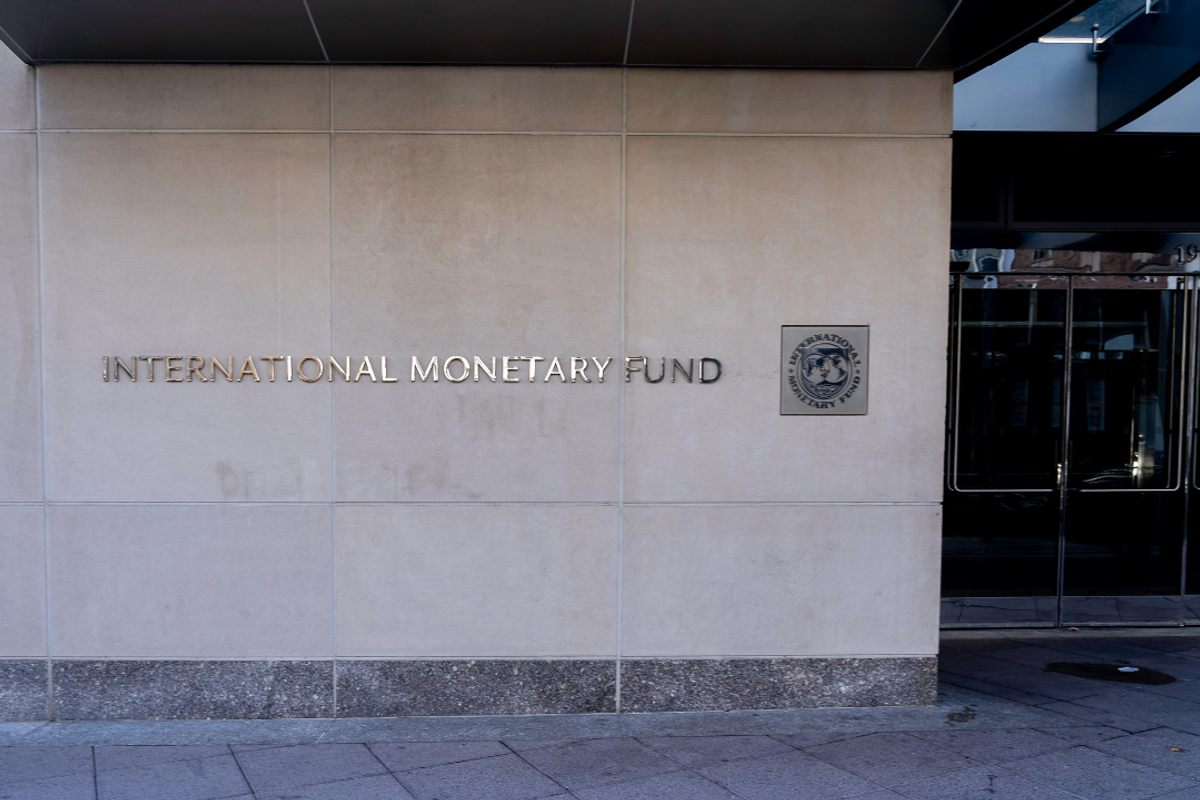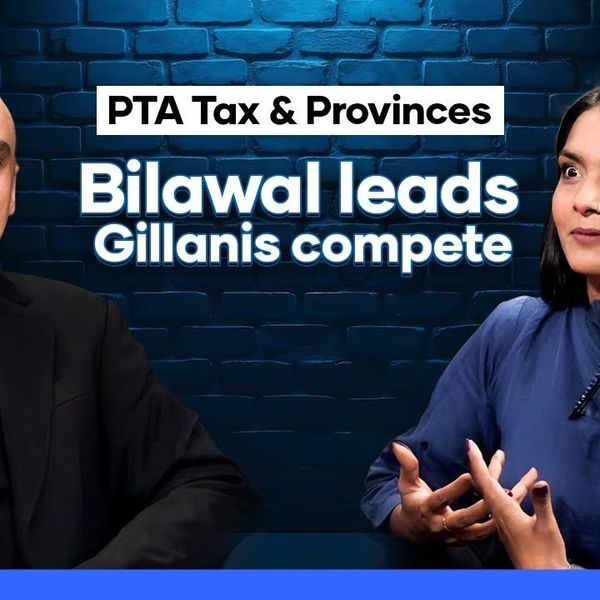Pakistan needs to enhance provinces' role in line with 18th Amendment: IMF representative
Recently approved Extended Fund Facility has a growth agenda that reduces economic distortion from state intervention in the economy, she says

Shahzad Raza
Correspondent
Shahzad; a journalist with 12+ years of experience, working in Multi Media. Worked in Field, covered Big Legal Constitutional and Political Events in Pakistan since 2012. Graduate of Islamic University Islamabad.

The International Monetary Fund logo is seen at its headquarters in Washington, DC
Shutterstock
Pakistan's federal government needs to enhance the role of provinces in line with the 18th Constitutional Amendment, which not only gives them more autonomy but also decentralizes finances. This was stated by International Monetary Fund's (IMF) Resident Representative in Islamabad Esther Pérez Ruiz during a seminar on Thursday.
The seminar was titled, "Raising Pakistani Living Standards and Economic Resilience", and was organized by the Sustainable Development Policy Institute following the IMF's approval of a 37-month $7 billion Extended Fund Facility.
"There is a need to formally include provinces through a new national fiscal pact that operationalizes their constitutional mandate to raise revenue and enable the devaluation of critical social and infrastructure spending to provinces," Ruiz stated.
The IMF representative noted that following Pakistan's completion of a nine-month Standby Arrangement, confidence in policymaking has improved, the country's inflation has plummeted and its foreign exchange reserves have more than doubled.
Pakistan needs to shift its development model away from state intervention in economic decisions entailing protectionism, incentives, subsidies, and tax concessions primarily for privileged groups if it wants to achieve its goal of improving life for the masses, Ruiz added.
Ruiz emphasized that the country needs policies that unclutter the economy, promote competition, reduce trade barriers, and streamline regulatory burden to facilitate the expansion of new and more productive activities and exports.
The IMF supports reforms in the public sector to enable a more efficient role in generating resources needed to improve public services, build human capital, and upgrade infrastructure in a more fair and sustainable manner, she added.
The IMF representative also spoke at length about the new EFF, stating that its targets increased taxation from previously untaxed or slightly taxed sectors such as retail, agriculture, developers and property.
"This approach aims to create a fairer and more efficient tax system while alleviating the tax system on the middle class, allowing for critical social spending."
Moreover, the EFF has an energy sector strategy, which includes shifting the focus towards addressing cost-side reforms to efficiently reduce costs.
The EFF also has a growth agenda that reduces economic distortion from state intervention in the economy. Key priorities include discontinuation of government management in key prices, addressing import substitution and removing concessions that have undermanaged growth, the Fund representative added.










Comments
See what people are discussing